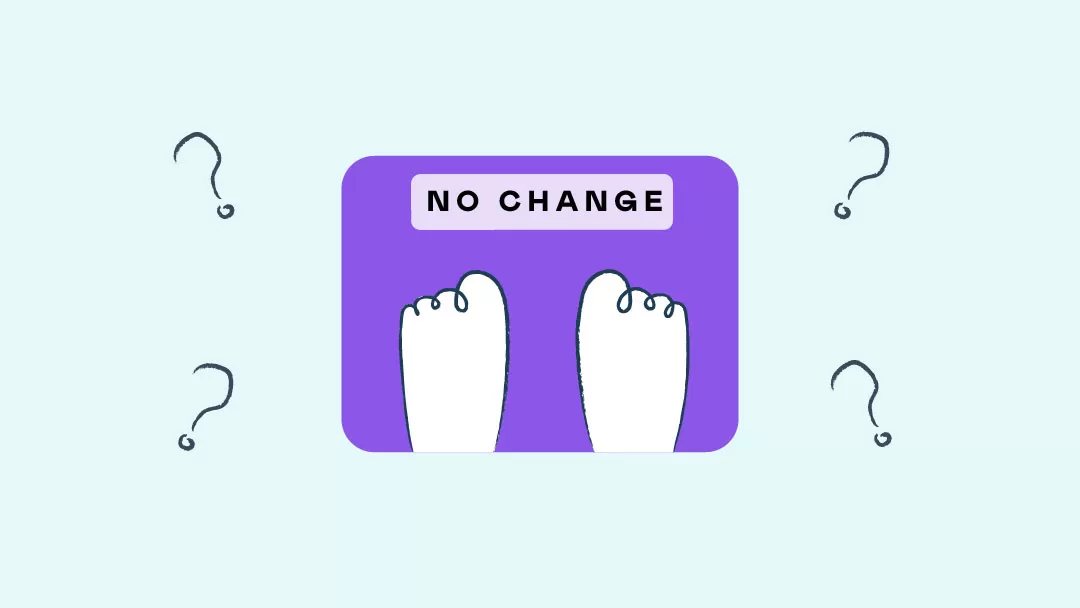We all know that weight loss is a journey and not a destination. As you start your journey, keep in mind two things: (1) your weight loss will slow down as you get closer to your weight goal, and (2) you want to achieve a weight that you can actually maintain. There will be ups and downs, so you need to have a plan for when you are on a weight loss plateau. A plateau is a state of little or no change following a period of activity or progress.
Do you think you are on a weight loss plateau right now? Here are some tips to help you get through it:
- Review what you’re eating: Make sure you haven’t become more lax, slowly increased portions without realizing, or are mindlessly eating. Did you remember to track that handful of potato chips you grabbed while walking through the kitchen? Extra nibbles here and there start adding up, so always ask yourself: “Am I hungry or am I bored?”
- Track your exercise AND food: This is the best way to see what’s going on. If you think you’re in a plateau, track closely what you’re eating for 1 to 2 weeks and then let your dietitian review it with you to suggest possible changes.
- Focus on the quality of your calories: It’s not only about calories but the type of foods you eat.
- Change your workout routine: Your muscles become familiar with a workout that’s done repeately, so try a new fitness routine. Muscle mass is active tissues, so your body will burn more calories at rest if your muscle mass is greater than your fat mass. Gradually increasing the time and intensity of your exercise is beneficial too, but only do as much as you can tolerate!
- Get adequate sleep: Sleep deprivation lowers leptin (an appetite-suppressing hormone), increases ghrelin (a hormone that stimulates hunger), and cortisol (a “stress hormone” that rises during tension-filled times).
- Increase your fluid intake: Drink 80 to 100 oz of water per day (10 to 12 cups). The signs of dehydration can feel like hunger and trick your body into feeling hungry.
REMEMBER: Focus on the health benefits of your weight loss and celebrate your victories other than that number on the scale. Some other victories to celebrate include coming off of medication, increased energy levels, better mobility, improved quality of life, and feeling comfortable in your own skin. Any health goal that you have is important and worth working towards. Just because making lifestyle changes are hard doesn’t mean you can’t do it. You’re worth it!



About the author